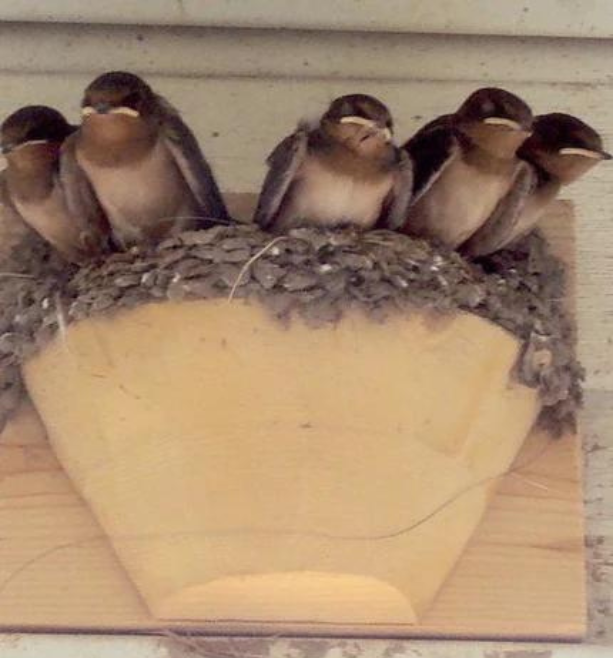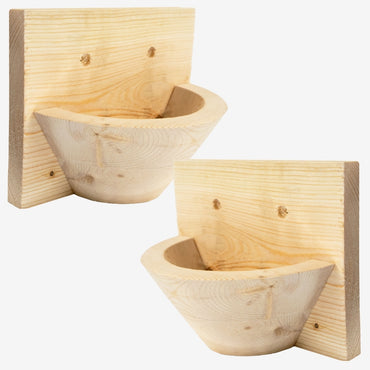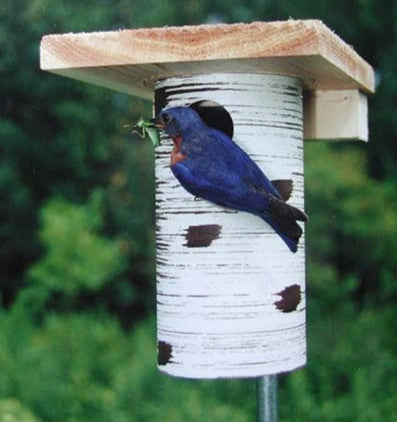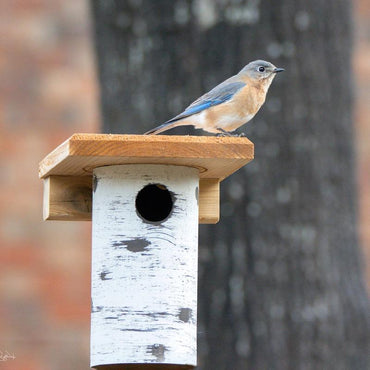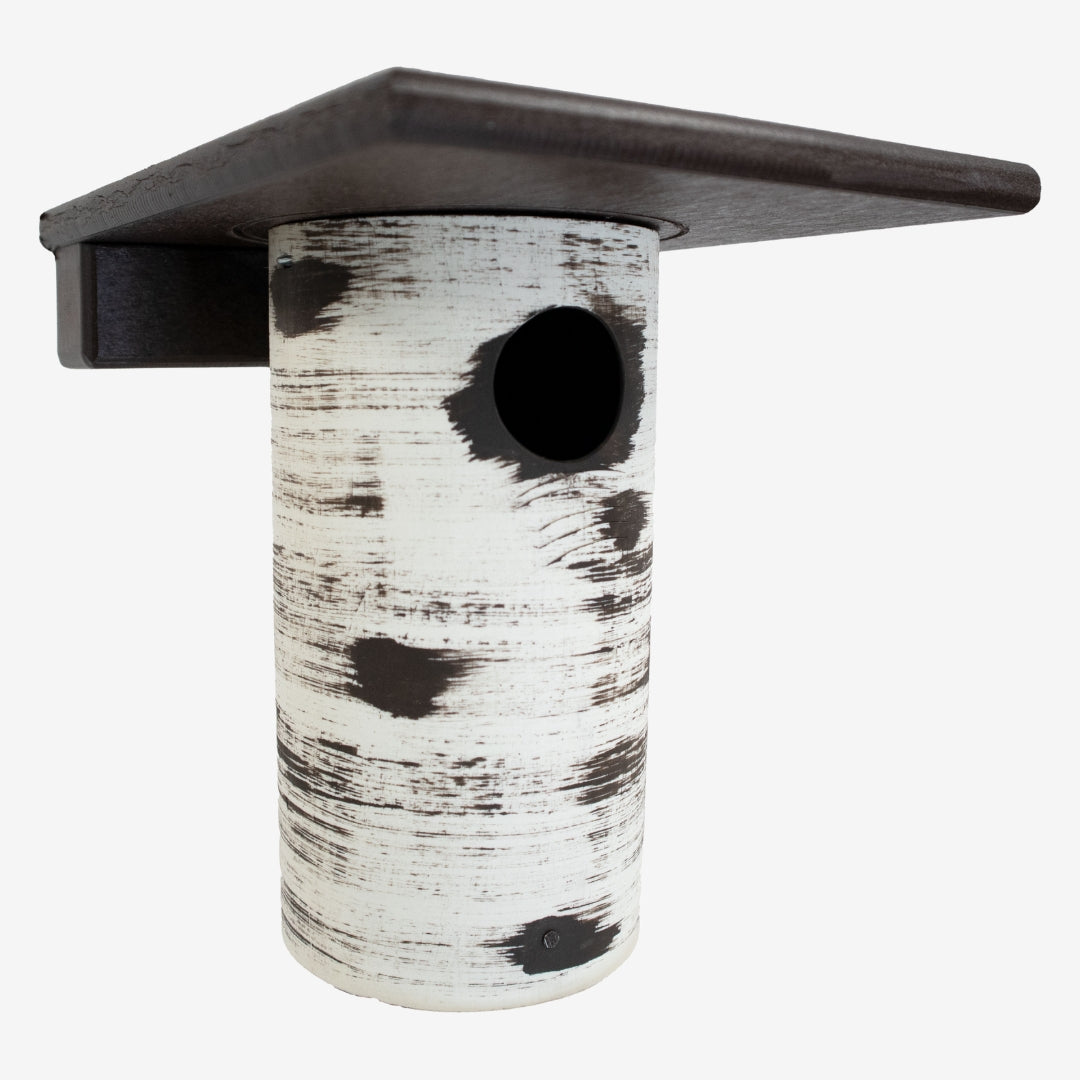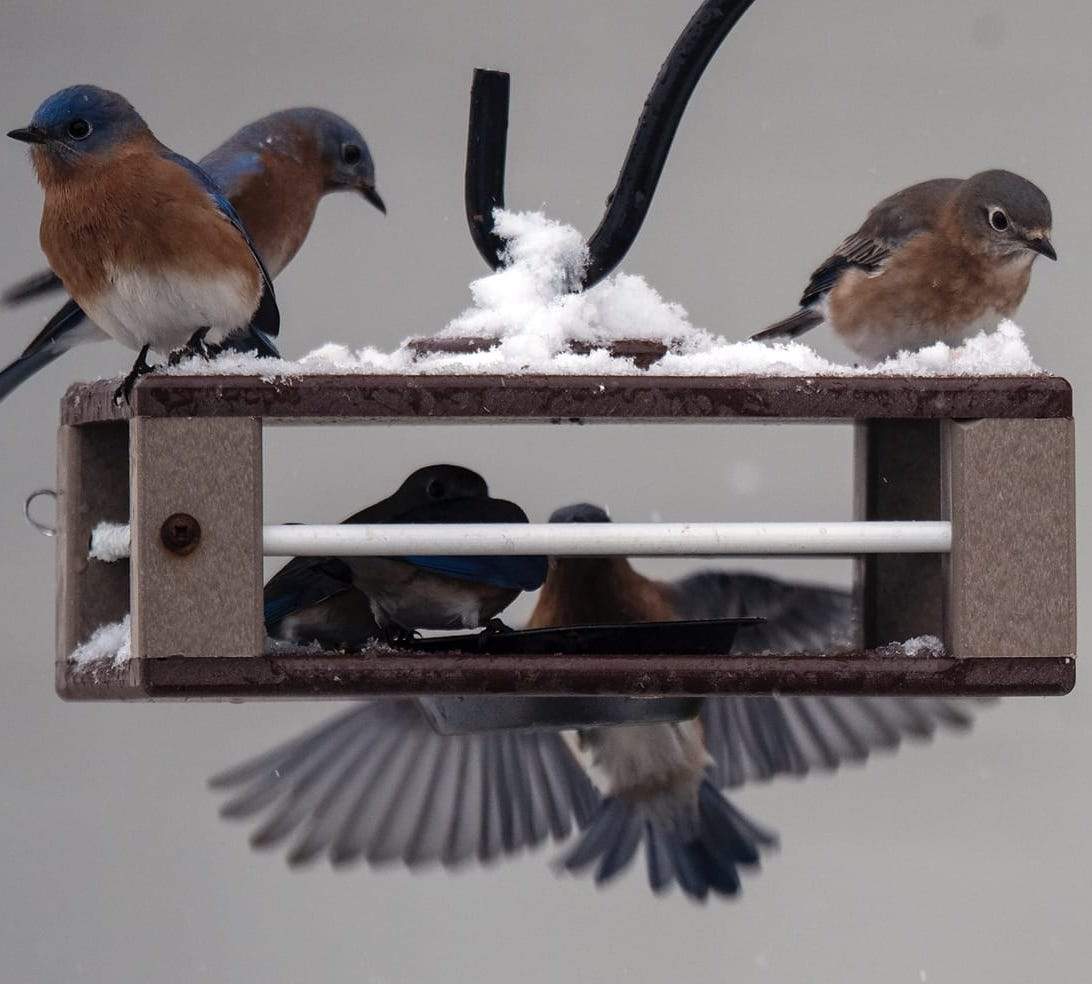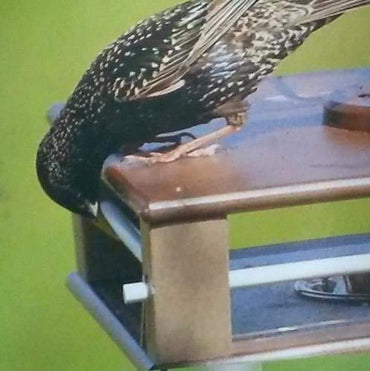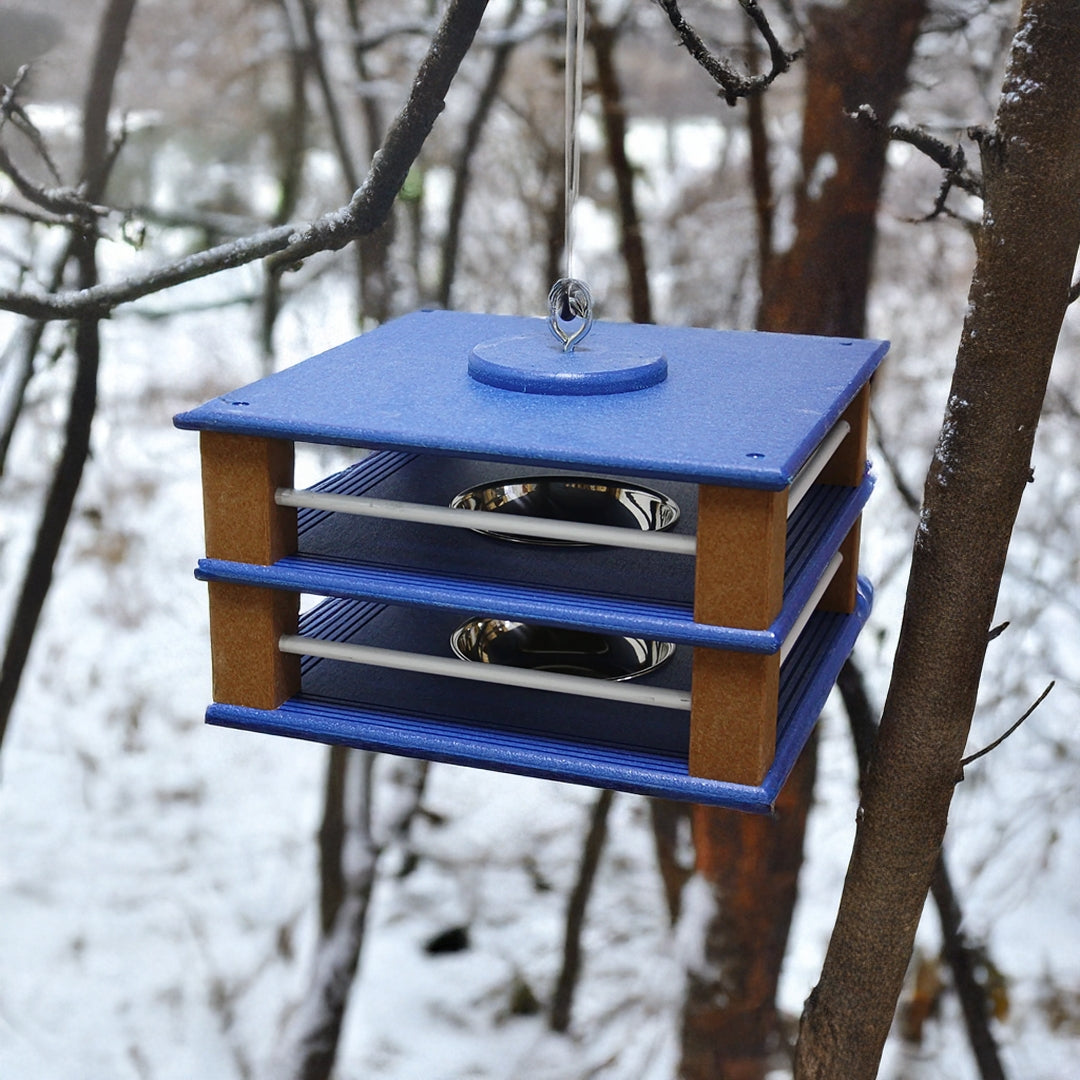There might be two sides to this question, the latter focusing on a bigger picture.
Less Traffic in Fall
Bird feeders are likely to see less traffic in fall, mainly because natural food sources are plentiful. Berries, nuts and seeds are abundant, providing birds with a smorgasbord... courtesy of mother nature. The way it was before folks even fed birds!
Many birds have migrated to southern breeding grounds in Central and South America; grosbeaks, hummingbirds, orioles, tanagers and others. Your resident birds are still around... just not seen as often at bird feeders in fall.
Don't give up as the crazy polar-coaster weather will soon have birds feeding from dawn until dusk storing calories to stay warm overnight.
Hummingbird Feeders
As for hummingbird feeders - please leave one or two up for stragglers further north. Although yours may have left, there's many recent sightings from northern states who are still seeing tiny sprites. Your feeders provide sustenance for weary travelers who are mostly juveniles and females at this point. Especially important since most nectar producing flowers from summer have faded.
The Bigger Picture and How You Can Help
You may or may not have seen the fuss about disappearing birds? A shake-up, wake-up call from trusted authorities and years of cumulative citizen science, both Cornell Lab of Ornithology and Audubon Society have recently publicized.
The link below is worth a click! Superb graphics and banter in the comments section is quite interesting too. Below is the forward... you be the judge:

The Autumn 2019 issue of Living Bird covers breaking news on research published by the journal Science that shows a nearly 30% decline in total birdlife in the U.S. and Canada over just the past 50 years.
The scientists who conducted the research say their results “signal an urgent need … to avert continued biodiversity loss and potential collapse of the continental avifauna.”
Our hope is that communicating this knowledge now will help us all write a different ending.
Cornell Lab conservation scientist Ken Rosenberg, lead author of the study, says that if this kind of detailed information had been known about the Passenger Pigeon at the point of its 30% loss, the species could have been saved.
"I don’t think any of these major declines among birds are hopeless at this point," Rosenberg says. 'But that may not be true 10 years from now.”
Too much detail?

7 Easy Ways You Can Help Birds
1. Make Windows Safe
2. Keep Cats Indoors
3. Plant Natives & Reduce Lawn
4. Avoid Pesticides
5. Switch Coffee to Shade Grown
6. Use Less Plastic
7. Watch Birds & Share Observations
It's about biodiversity - it hangs in the balance. The Audubon cover is actually from 2013. We mentioned biodiversity 12 years ago on our About Us page.
Join the Cornell Lab of Ornithology
Consider joining the Cornell Lab of Ornithology. Great member perks and a worthy cause as all nature is connected... especially to us! Here's hoping the tide turns soon... for everyone's sake.


